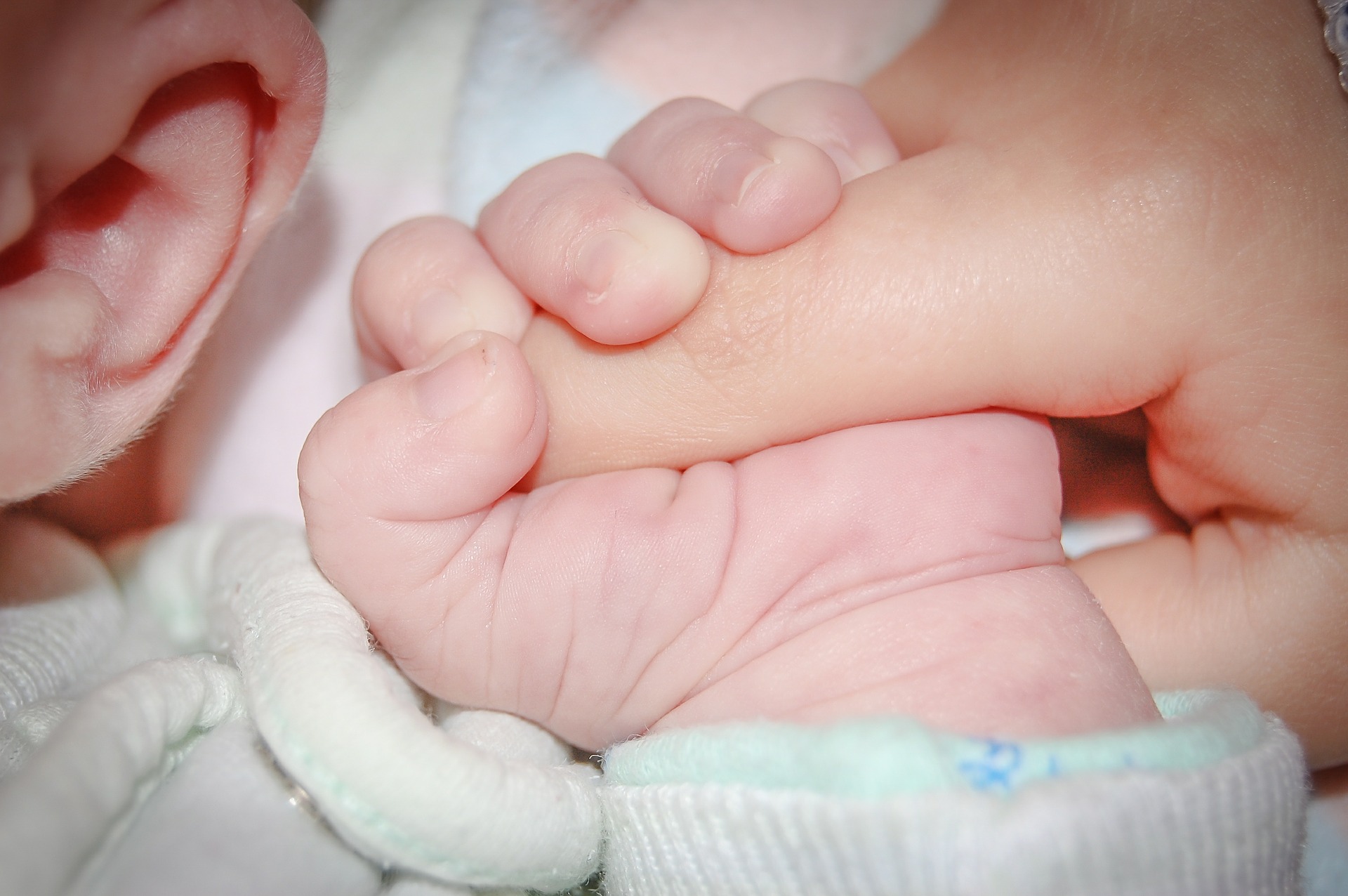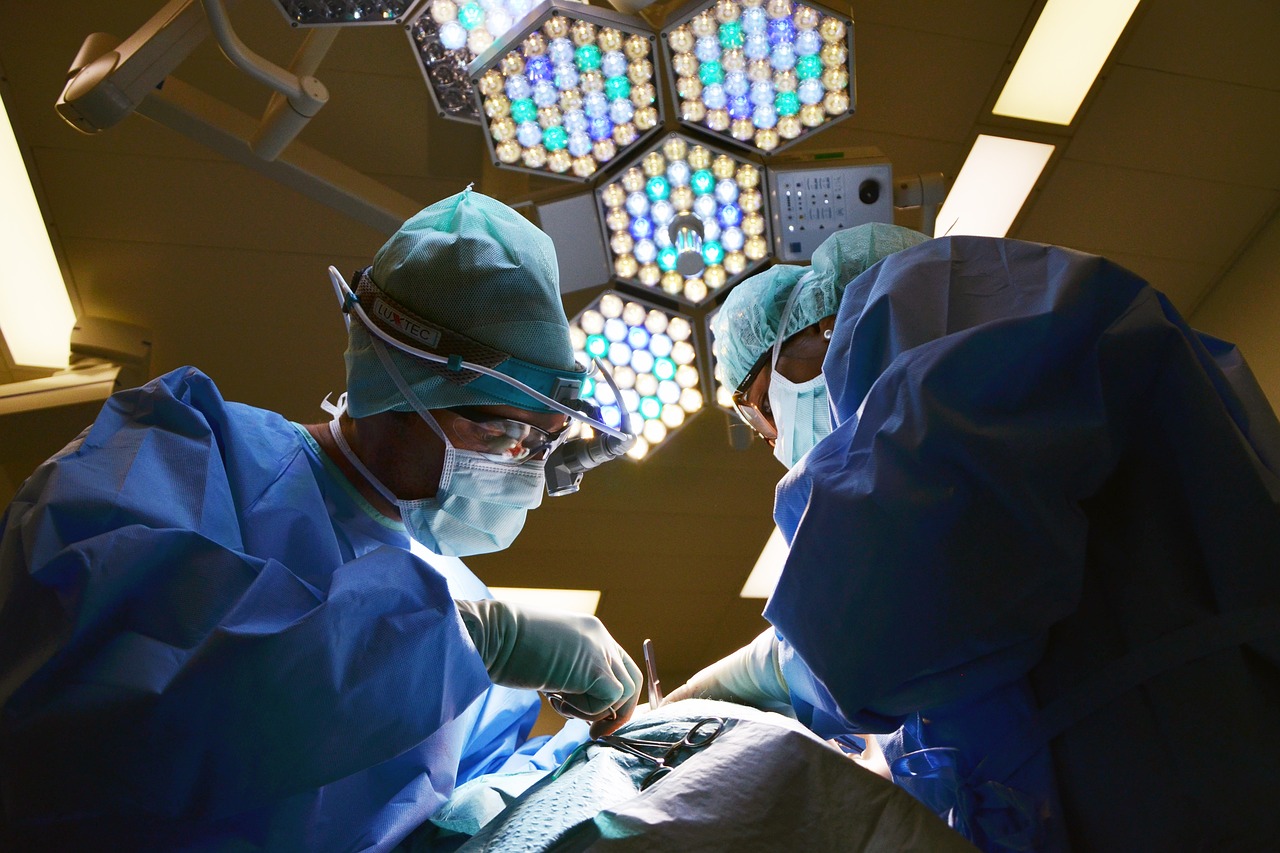
The aim is to get the product on store shelves.Continue reading

The continuously learning algorithms of a software developed in collaboration with researchers at the HUN-REN Center for Economic and Regional Studies (HUN-REN KRTK) could help kidney patients more effectively than ever before to stay alive in Europe and soon in Hungary. The research article, co-written with researchers from Barcelona and Portugal, has just been awarded a prize by the Spanish Society of Statistics and Operations Research (SEIO), the Hungarian research network writes on its website.
For kidney patients with serious conditions, dialysis is only a temporary solution. Transplantation is the only and long-term treatment option. In the past, transplantation was most feasible with the help of deceased donors who had given permission to use their organs while they were still alive. However, as the need for kidney transplants has increased, living donor transplantation is now the fastest option.
“Most people are willing to donate one of their paired organs to their spouse or child, or to their parents, but despite the close relationship, donors and patients are often not ‘interchangeable.’ Sometimes the blood type is not a match, or there is HLA (Human Leukocyte Antigen) incompatibility. An example of the latter condition is when, after childbirth, the mothers’ body develops antibodies that increase the risk of rejection of the new kidney, reducing the chances of the husband being the donor,” said Péter Biró, co-author of the prize-winning article, in response to a question from the HUN-REN portal.
Kidney exchange programs eliminate such incompatibilities, as participants can effectively “swap donors.”
The majority of kidney transplants are still carried out with the help the so-called cadaveric donors, but the proportion varies widely from country to country.
In Hungary, as in many other European countries, there is currently no possibility of multiple kidney exchanges, only pairs, and only in the same transplant center, but, as Péter Biró points out, more permissive legislation is being drafted to help increase the number of transplants in Hungary.
Researchers from HUN-REN KRTK, Óbuda University (Hungary), Glasgow University and INESC TEC Porto have developed a software (in fact two different) and
a constantly updated algorithm, finding the most optimal replacement solutions based on about 20 different criteria and gives a prediction of how many years the transplanted kidney will function reliably.
The article, that won the BBVA Foundation Awards 2024, describes how this is done: “We have analyzed a novel solution, both theoretically and in simulations. We propose a classical game-theoretic concept, the kernel solution, as a result of which the participants of the exchange program become interested in bringing the best possible donors (i.e. compatible with as many patients as possible) into the system, because this is the only way to improve the quality of the solution for them, that is, to get the best possible kidney match sooner,” said Péter Biró, summarizing the essence of the study.
Using the KEPsoft software, the national kidney replacement program will be launched later this year. At first, it will only be possible to find a match within the country, but later Hungary will be able to join the international database.
In order to ensure the continuous maintenance and development of the software, the University of Glasgow will establish a non-profit company called KEPsoft Collaborative in the next few weeks, whose three founding members will be HUN-REN KRTK, the University of Óbuda and INESC TEC Porto. These four institutions have been involved in the development of the software for eight years. The transplantation organizations will pay an annual membership fee to maintain the system, thus creating an exemplary community-based system with real social benefits.
Via HUN-REN, Featured image: Pixabay